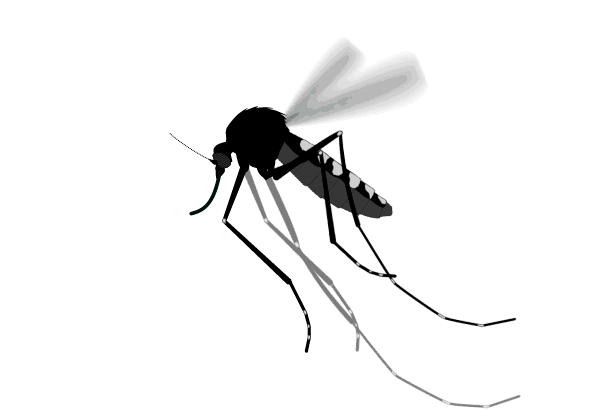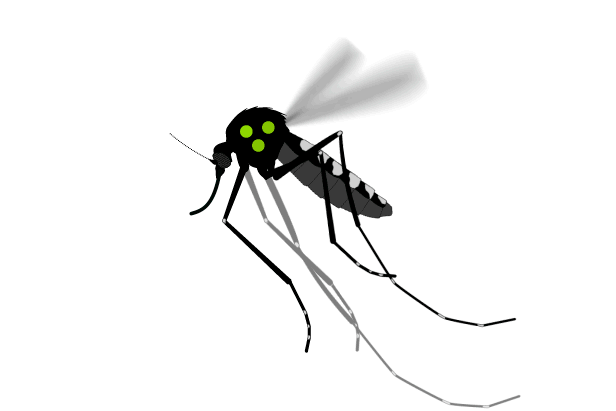The Zika virus has spread rapidly through the Americas, sparking alarm over the possible link between the virus and the birth defect microcephaly. Though the disease causes minor symptoms for most people who are infected, the potential consequences for pregnant women and their unborn children have prompted travel warnings from health officials. But how precisely do mosquitoes spread Zika so quickly, and how many people can they infect? We broke it down for you:
Mosquitoes pick up Zika from infected people

The Aedes aegypti mosquito is the type that’s currently spreading Zika. The females are the ones that actually bite, since they need the blood to lay their eggs. What makes mosquitoes such good vectors for disease is the fact that they ingest microbes directly from a person’s blood and then pass them directly into the bloodstream of another person—a bit like a flying hypodermic needle.
Infected mosquitoes spread Zika to healthy people

Once a female Aedes aegypti mosquito is infected with Zika, researchers believe that she remains infected and able to pass on Zika for the rest of her life, which is usually about two to four weeks. The mosquito will take three or four blood meals in all during her lifetime, and during each of those blood meals, she typically bites four to five people. Unlike some mosquitoes that bite during the night, the aegypti bite during the daytime and, according to the World Health Organization (WHO), they have a “remarkable ability” to adapt to different environments.
Zika spreads quickly and is tough to track

It’s difficult to get an accurate estimate of the total number of people infected with Zika, since 4 out of 5 people infected will not exhibit any symptoms of the disease. Rapid testing methods are also hard to come by. Brazil has put a tentative estimate of the number of people infected with Zika in the country at 1.5 million, and 3 to 4 million additional infections are expected in the Americas over the next year. The virus typically remains in the body of an infected person for about a week and can be spread to additional mosquitoes during that time. Mosquitoes are actively transmitting Zika in 30 countries, according to the WHO.
More Must-Reads From TIME
- The 100 Most Influential People of 2024
- Coco Gauff Is Playing for Herself Now
- Scenes From Pro-Palestinian Encampments Across U.S. Universities
- 6 Compliments That Land Every Time
- If You're Dating Right Now , You're Brave: Column
- The AI That Could Heal a Divided Internet
- Fallout Is a Brilliant Model for the Future of Video Game Adaptations
- Want Weekly Recs on What to Watch, Read, and More? Sign Up for Worth Your Time
Write to Lon Tweeten at lon.tweeten@time.com